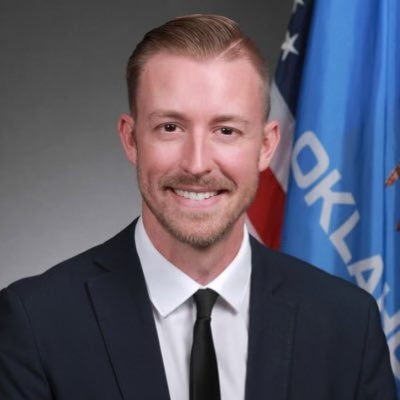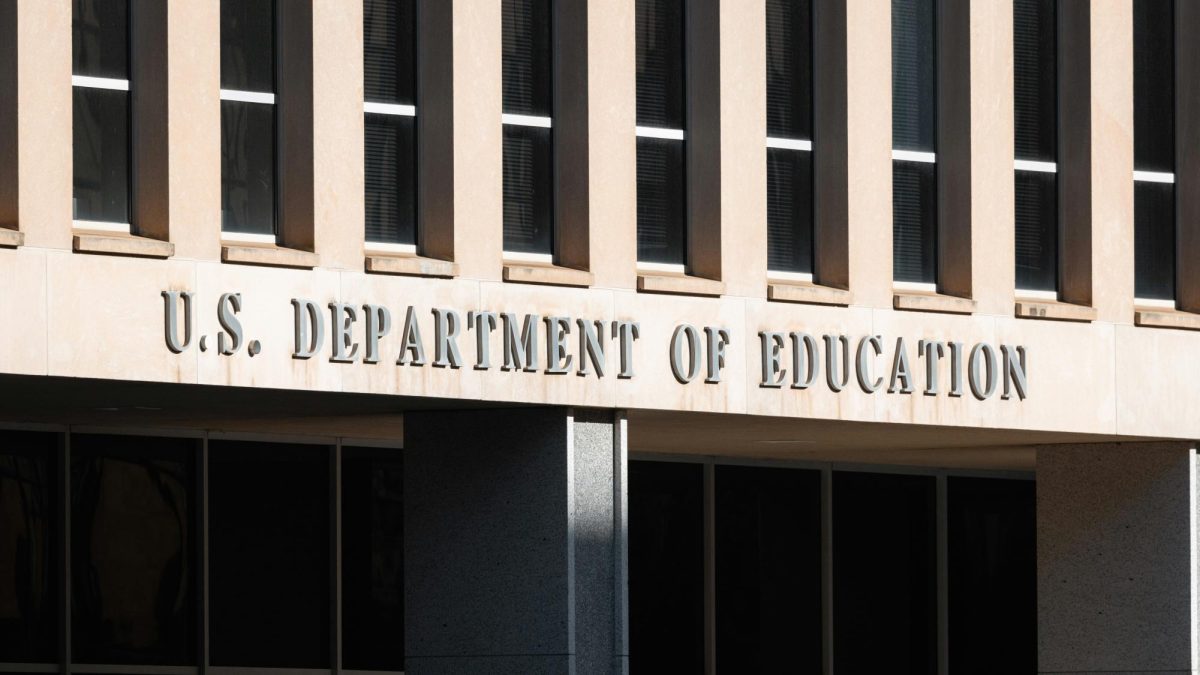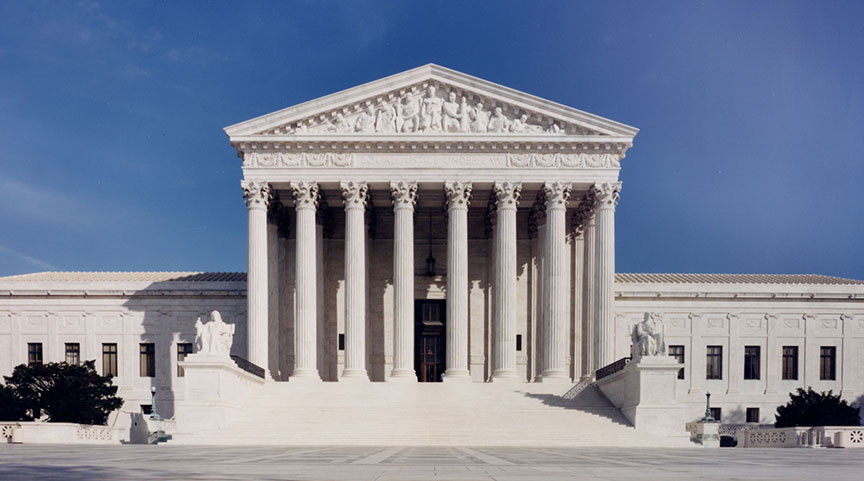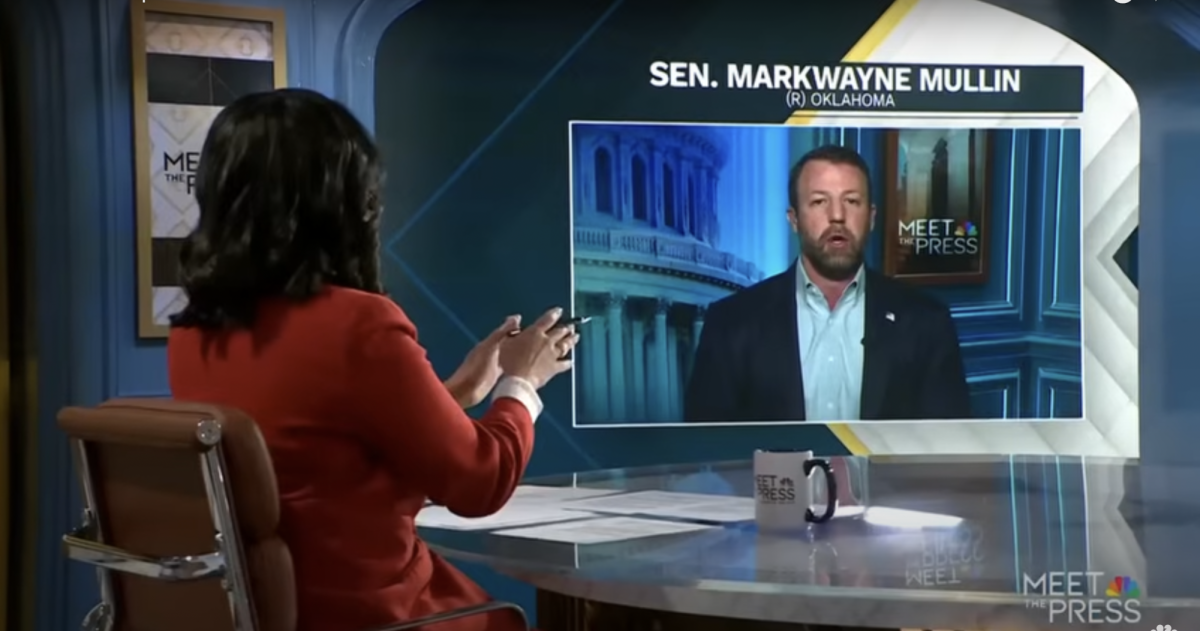WASHINGTON – State Superintendent of Public Instruction Ryan Walters announced Thursday that effective immediately, all Oklahoma schools are required to implement the Bible as instructional support into curriculum for grades 5 through 12.
“Every teacher, every classroom in the state, will have a Bible in the classroom and will be reaching from the Bible in the classroom,” Walters said in a State Board of Education meeting.
Walters cited the Bible as a historical document, and said that the mandate is in line with social studies educational standards approved in May 2019, which already included the Bible as instructional support.
“The Bible is an indispensable historical and cultural touchstone,” Walters wrote in a letter. “Without basic knowledge of it, Oklahoma students are unable to properly contextualize the foundation of our nation. This is not merely an educational directive, but a crucial step in ensuring our students grasp the core values and historical context of our country.”
Walters also wrote that the State Department of Education may supply teaching materials for the Bible to “ensure uniformity in delivery.”
The directive specifically mandates incorporating the Ten Commandments into the curriculum, reminiscent of a new Louisiana law requiring public K-12 classrooms and universities to display a “large, easily readable” poster of the Ten Commandments.
This requirement comes after the Oklahoma Supreme Court ruled on Tuesday that the nation’s first publicly funded religious charter school is unconstitutional, which Walters said he strongly disagreed with.
“It’s my firm belief that once again, the Oklahoma Supreme Court got it wrong. The words ‘separation of church and state’ do not appear in our Constitution,” Walters wrote on X, formerly known as Twitter.
The ruling stated that under Oklahoma law, a charter school is a public school and must be non-secular.
“This State’s establishment of a religious charter school violates Oklahoma statutes, the Oklahoma Constitution, and the Establishment Clause. St. Isidore cannot justify its creation by invoking Free Exercise rights as a religious entity,” the State Supreme Court’s conclusion read.
Attorney General Gentner Drummond staunchly opposed the taxpayer-funded religious charter school, writing that the State Supreme Court’s decision is a “tremendous victory for religious liberty.”
“While I understand that the Governor and other politicians are disappointed with this outcome, I hope that the people of Oklahoma can rejoice that they will not be compelled to fund radical religious schools that violate their faith,” wrote the Attorney General in a statement.
Despite this, a statement from the Attorney General’s office explained that Walters’ mandate is not foreign to existing Oklahoma law.
“Oklahoma law already explicitly allows Bibles in the classroom and enables teachers to use them in instruction,” the state Attorney General’s office said in a statement, suggesting Walters is merely appealing to his base.
Title 70 Oklahoma Statutes, which govern state education, describe the relevant state law in section F, reading:
“School districts shall exclusively determine the instruction, curriculum, reading lists and instructional materials and textbooks, subject to any applicable provisions or requirements as set forth in law, to be used in meeting the subject matter standards. School districts may, at their discretion, adopt supplementary student assessments which are in addition to the statewide student assessments.”
In response to the directive, representatives from the Oklahoma House Democratic Caucus expressed caution to Walters, referencing the outcome of SQ 790 to show that Oklahomans are “overwhelmingly against” publicly funded religious instruction.
“Religious instruction should begin with and remain in the rightful hands of parents and guardians,” the Oklahoma House Democratic Caucus said in a statement. “Today’s directive feels like an unprecedented attempt to distract from the reported investigations into financial mismanagement of tax dollars meant to support our schools.”
The Oklahoma Education Association also refuted the memo, writing on X that Walters is attempting to “usurp local control” and compel educators to violate the Constitution.
“Teaching about the historical context of religion, and the Bible, is permissible; However, teaching religious doctrine is not,” the Oklahoma Education Association said. “Public schools cannot indoctrinate students with a particular religious belief or religious curriculum.”
Gaylord News is a reporting project of the University of Oklahoma Gaylord College of Journalism and Mass Communication. For more stories by Gaylord News go to GaylordNews.net.







